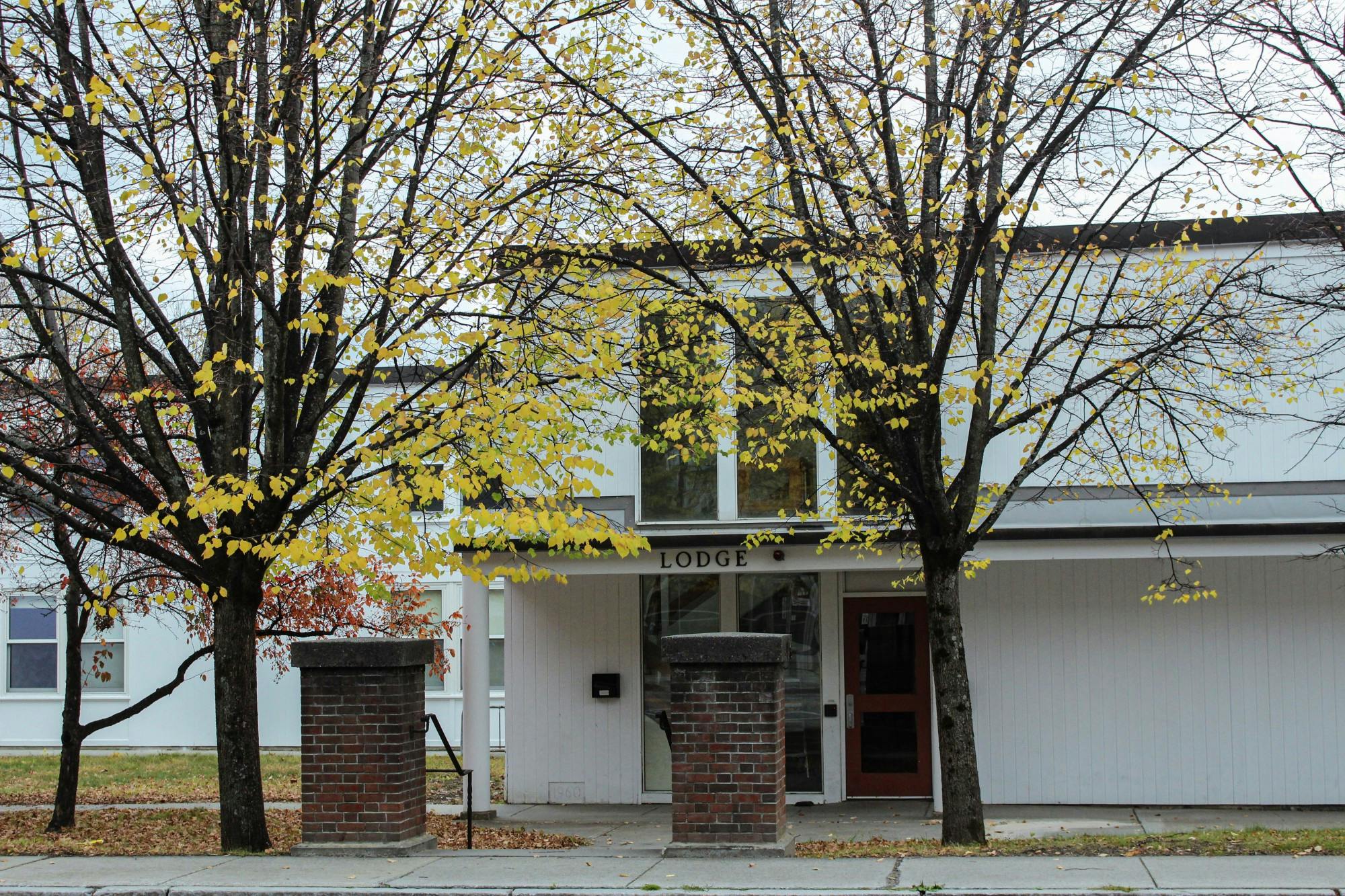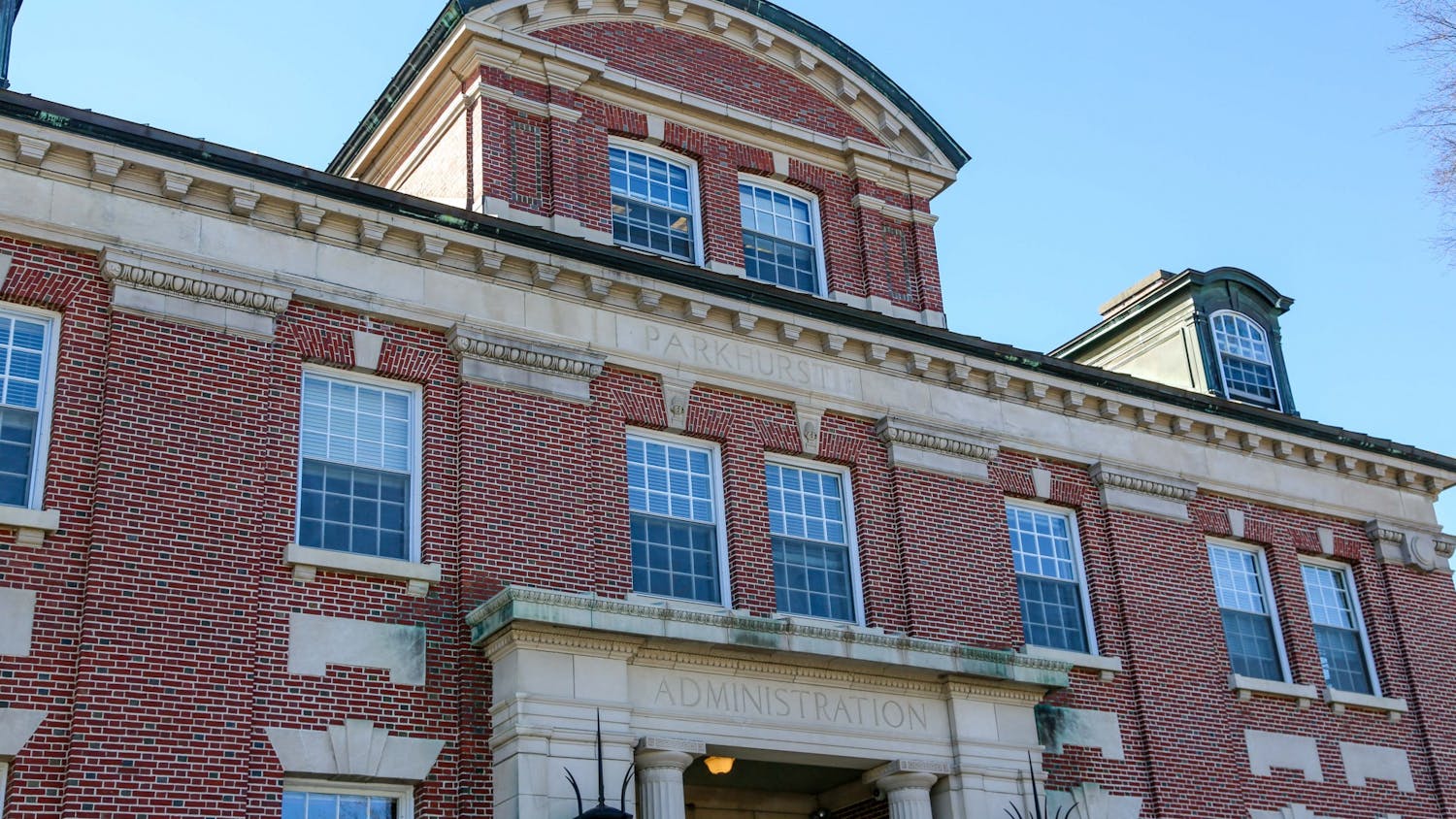As we approach Halloween here at Dartmouth, there’s a heightened level of fear across the student body. This fear, however, is not caused by your typical horror film or haunted house. Rather, it is the result of a steady stream of unknowns, distrust and paranoia surrounding one of the most concerning trends of fall term: students being forced to leave campus for the remainder of the academic year due to COVID-19 policy violations.
As detailed in an Oct. 16 article in The Dartmouth, these events have prompted widespread rumors regarding the number of students sent home. Though the College administration deemed rumored numbers “wildly exaggerated,” many students remain dissatisfied with the College’s lack of transparency regarding the number of students removed and what constitutes grounds for removal.
As rumors abound and friends disappear, ’24s are responding in a variety of ways to the growing numbers of students removed from campus.
In a matter of hours, Sophie Lachenauer ’24 said she witnessed her dorm go from around 30 residents to only 20 and has since felt a significant impact on her dorm’s dynamic.
“When you go to the bathroom in the morning now, you see less people. Downstairs, there are fewer people. You don’t see many people in the hallway anymore,” Lachenauer said.
She added that living in small dorms makes the impact of each lost floormate particularly prominent — affecting the social dynamic and mood of the dorm.
Indeed, the widespread “disappearing” of students from Dartmouth’s campus has had an immense social impact throughout the freshmen community. While many ’24s have quickly developed close, trusted friend groups, some of these connections are threatened when friends suddenly have their on-campus privileges revoked.
Zachary Brown ’24 struggled with this reality when one of his closest friends was sent home.
“It was a really shocking experience,” Brown said. “It’s crazy to think about how he was physically removed from my life so quickly. I was just laying around in my room. I had a ton of work to do but I couldn’t do it because I was so upset. I'd only known him for two or three weeks at this point, but we hung out almost every day. It was crazy to have the budding of a new, good friendship cut off so early.”
Anjali Dhar ’24 also shared her thoughts on the experiences of students whose friends were sent home.
“I have friends whose whole floors have been essentially wiped out over a weekend. Any friend groups that they might have are torn apart by getting sent home, so [my friends] are kind of stranded in a way,” Dhar said. “It's easier to make friends here, but when your whole floor goes home and you're still here, you end up alone. It definitely puts a strain on people's relationships.”
On the other end of the issue, Levi Port ’24 was one of the freshmen sent home for gathering in a group in another student’s dorm room.
“This is putting me behind a whole year socially,” Port said. “It’s not even a gap year where I’d be in a whole new grade that hasn’t experienced anything. [Other ’24s] are going to get a whole term and a half of experiences that I will not be privy to. It essentially gives me the feeling that I’ll be a transfer by the time I’d return to campus.”
Beyond the ways in which the pattern of students being forced to leave campus have impacted individual friendships, on a broader level, the widespread “disappearances” have brought about a culture of fear and division on campus.
In normal times, college students everywhere view the weekend as a break following a stressful week. Dartmouth students now approach Friday and Saturday nights with uncertainty and unease. Dhar mentioned that her floor practically celebrates if they’ve all managed to still be on campus by the end of the weekend. While this accomplishment is “celebrated” in a joking manner, Dhar noted that it reflects how prevalent and real the fear of getting sent home has become.
“I always think about it. It's always on our minds whenever we're deciding what to do,” Dhar said.
Though simple rules related to mask-wearing and social distancing are well-understood by the ’24s, the ambiguity surrounding the reasons why students are sent home is enough to create an atmosphere of extreme uncertainty. For some students, just the sight of a Safety and Security car slowly driving by a tent late at night, or the suspicion that a fellow student might anonymously report them sparks the fear that they may be the next to get sent home.
“The whole thing feels very cat-and-mouse-like. Everyone’s trying to do the right thing, but at the same time, the goals of the students versus the goals of the administration feel very disconnected,” Lachenauer said. “I'm hoping that somehow we can all become more on the same page. We all want the same thing, but I think that has to start with transparency.”
Caroline Kramer ‘24 is a Government major and Public Policy minor from Palo Alto, California. She has served as the Photo Editor since the spring of 2022 and previously wrote for the Mirror section.




